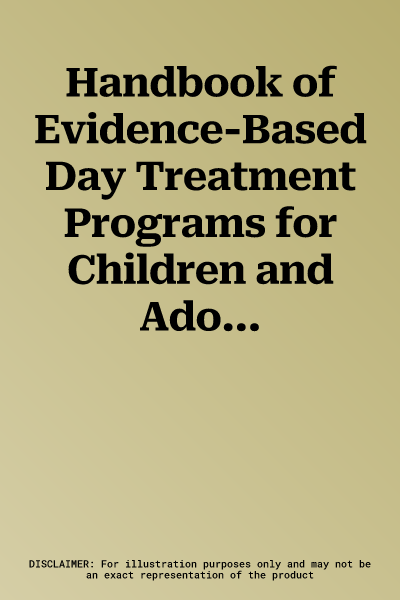This book examines the intermediate level of mental health services with
a focus on partial hospitalization program (PHP) and intensive
outpatient program (IOP) models of care for youth. It reviews the
history of PHPs and IOPs and highlights their current care models,
demonstrating the increase in the development and implementation of
evidence-based treatment (EBT) practices. The book explores issues
relating to program development, implementation, and considerations for
sustainability. It provides interventions designed to enhance the
well-being of youth who are experiencing a range of mental health
concerns as well as strategies to engage and involve their families. In
addition, the book offers feasible strategies for measuring outcomes and
applying these results to meaningful clinical evaluations in PHP and IOP
settings. It describes the process of accessing and using these
intermediate services as well as additional treatment resources that may
be necessary in the continuum of mental health care for youth.
Key areas of coverage include:
- The history and purpose of mental health care and the role of day
treatment programs for youth.
- Working with program administration and other stakeholders,
identifying a patient population, and engaging community and referral
sources.
- The importance of family involvement, coordination of care, and
simultaneously addressing the transactional relationship between
physical and mental health.
- Transitioning youth from pediatric mental health services into the
adult mental health system.
- Working with a diverse patient population in intermediate treatment
programs.
- Providing practical information for families and practitioners
navigating the pediatric mental health continuum of care.
The Handbook of Evidence-Based Day Treatment Programs for Children and
Adolescents is a must-have resource for researchers, professors, and
graduate students as well as clinicians, therapists, course instructors,
and other professionals in child and adolescent psychiatry, clinical
child and school psychology, social work, counseling, public health,
family studies, developmental psychology, pediatrics, and all related
disciplines.

